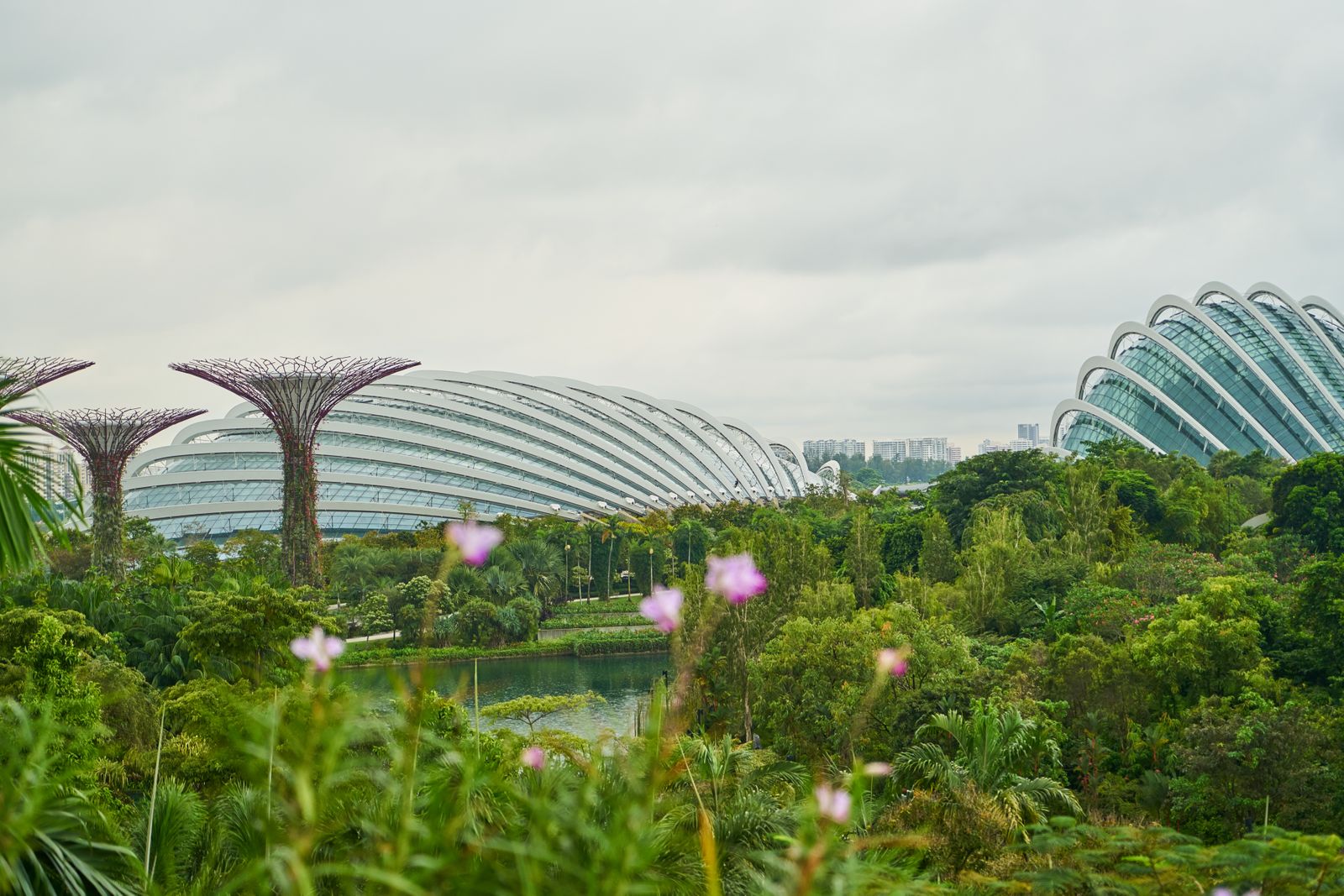What has Singapore done for sustainable development? A glance at the 2030 Agenda!
Singapore has emerged as a global leader in sustainable development, consistently demonstrating its commitment to creating an environmentally friendly and socially responsible society. Recognizing the urgent need for sustainable practices, the city-state has implemented a wide range of innovative initiatives to mitigate environmental impact, promote green technologies, and foster a high quality of life for its residents. Through strategic planning, forward-thinking policies, and collaborative efforts, Singapore has become a shining example of how a small nation can make significant strides toward achieving sustainable development goals. From sustainable urban planning and clean energy adoption to water conservation and environmental education, Singapore's multifaceted approach serves as an inspiration for countries worldwide, showcasing the power of sustainable development in creating a better future for all.
A Look at Singapore's 2023 Agenda

Modern complex urban beautiful parks in Singapore | Image via freepik
The aforementioned agenda is an international development plan that was tabled and successfully adopted by world leaders and heads of state at the United Nations Sustainable Development Summit that was held in September 2015. The plan is made up of 17 Sustainable Development Goals or SDGs and applies to each and every country. The overarching objective of the 2030 Agenda is to mobilize efforts en route to eradicating global poverty, addressing issues of climate change, and dealing with inequalities in modern-day societies.
Singapore’s Link to the SDGs
On the back of being a nation lacking in natural resources and sufficient land, Singapore understands the need to commit to practices that further the sustainable development goals of the United Nations and its subsidiaries. With reference to the 2030 Agenda, Singapore played an active role in negotiating and working towards implementing the mentioned SDGs across the globe. During the discussions which ensued, Singapore voiced the need to achieve sustainable improvements through these SDGs and lobbied for an approach that would have countries utilizing their own mechanisms in order to achieve these goals. Essentially, it was debated and agreed that each nation’s circumstances and priorities would need factoring in.
The contribution rendered by Singapore
As Singapore’s sole resource is its people, the country has bought into the fact that human resource development is crucial on the long road toward reaching economic and social growth. Come the year 1992, the Singapore Cooperation Programme (SCP) was inaugurated to provide technical assistance and training to other developing countries. By the 2030 Agenda, the SCP complete with a vast range of programs that brought to light Singapore’s extensive development experience was positioned as a means of improving the technical prowess of countries and their citizens. Currently, the SCP has witnessed the participation of nearly 150,000 officials from well over 180 countries. Among the noteworthy courses provided under the SCP, those on climate change, sustainable cities, and water & sanitation have proven to be extremely popular.
Water Management and Sustainability
Merging the individual approaches and strategies of Singapore and Morocco, the course on Water Management and Sustainability discusses a cross-section of areas. These include the relevant legislation of both countries, regulatory frameworks, and water supply policies adhered to thus far. Also, areas such as sustainable urban infrastructure development and public-private partnership in the procurement of water are dealt with in great detail.
Transparency and Good Practices in Public Sector Management
Promoting good governance where transparency, anti-corruption mechanisms and corruption control are discussed at length, the aforementioned course will offer an introduction to Singapore’s and Chile’s attitudes towards governance. Of further relevance are the course topics which focus on accountability in the public or state sector, public sector reforms, human resource management, and digital transformation policies.
Initiative for ASEAN Integration
Under the Initiative for ASEAN Integration (IAI), subsisting development gaps between ASEAN member states are intended to be narrowed while regional integration will be enhanced and improved. As of now, Singapore has successfully launched and completed capacity-building courses for over 40,000 officials belonging to Vietnam, Myanmar, Cambodia and Laos PDR at Singapore Cooperation Centres located in these countries and via online platforms despite the Covid-19 pandemic.
Trade and Business Development
Intended to commence on the 24th of July 2023 and expected to conclude on the 28th of July 2023, the course titled Trade and Business Development will look towards equipping participants with a sound grasp of the measures that directly impact and facilitate international trade and business development. The main subject areas will revolve around the different types of trade barriers, the challenges faced as a result of implementing trade facilitation measures, and Singapore’s very own trade facilitation journey. Essentially, since the course will be taught in Singapore, those hoping to enroll will need a good form of accommodation. For example, when researching a Singapore hotel, beach road would offer you the ease of access to properties like PARKROYAL on Beach Road.

